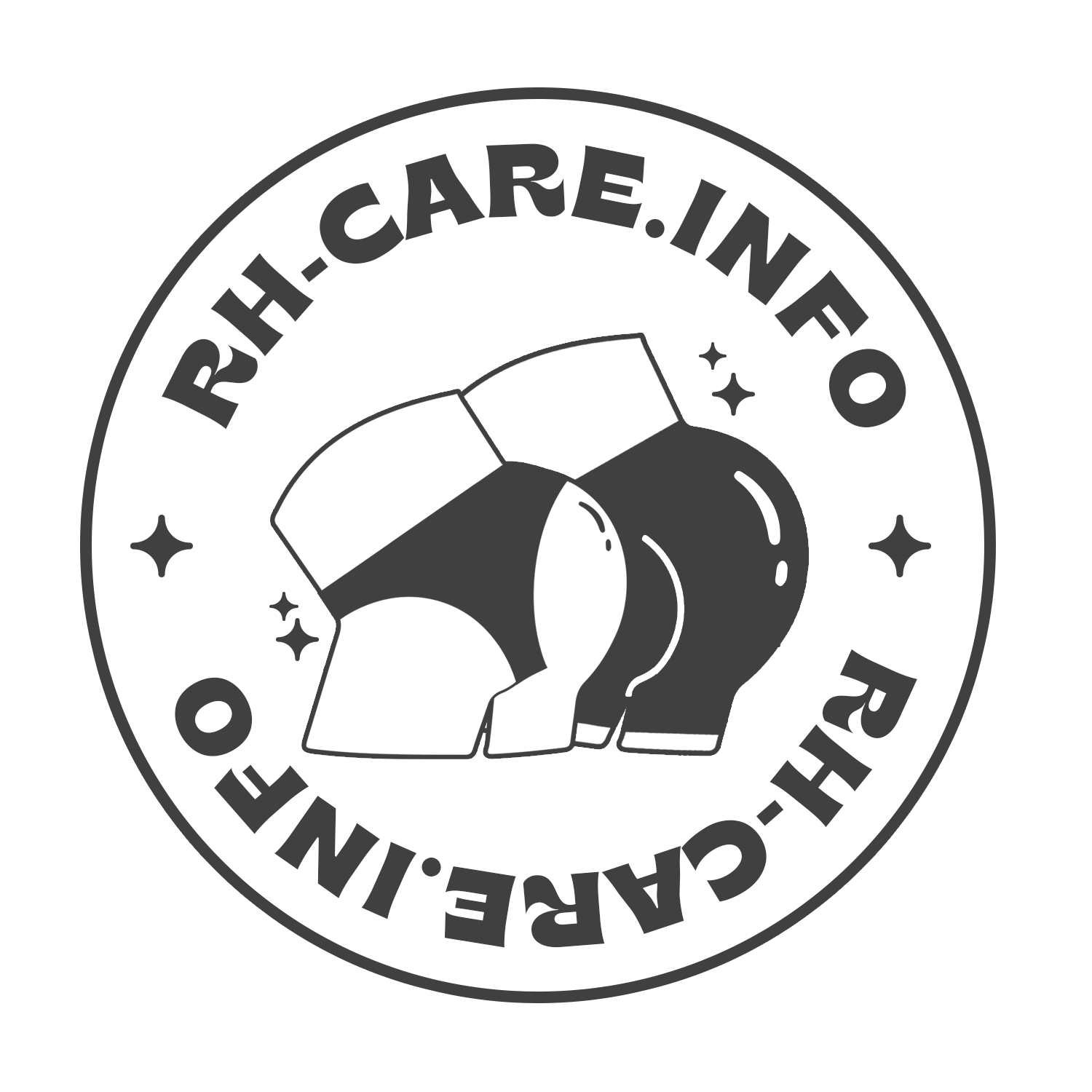Alright, let’s cut to the chase. We’re talking about the stuff no one really talks about — the behind-the-scenes of intimacy, the nighttime necessities. It’s not just the main event, but all the prep and chats that happen before. And just a heads up, these are the basics for when you feel the night might take a turn towards the bedroom, always with consent as a priority. Ready to get real?
Related: Aftercare: Hygiene after the deed
Waxing
Waxing intimate areas is completely optional and ultimately, it’s up to you and your partner. There’s no right or wrong choice when it comes to body hair, and everyone’s preferences are different. If you do choose to wax, it’s recommended to wait for at least a day before getting intimate. This allows your skin time to recover and reduces the risk of infection.
Hand Hygiene
Our hands come into contact with various surfaces throughout the day, making them a potential source of germs. Washing hands thoroughly before getting intimate can prevent the spread of infections.
Open Communication
Whether it’s a long-term relationship or a one-night stand, open communication is key. If you’re in a casual setting, stating your boundaries might seem challenging, but it’s nothing to be ashamed of. You can keep it light yet firm. For instance, you could say something like, “Just so we’re on the same page, I’m not comfortable with…”. Remember, safety and comfort should always come first.
Self-Awareness
Understanding your body and what makes you comfortable is essential. Take time to explore your preferences and communicate them with your partner.
Keep in mind, even when the clothes come off, it’s completely okay to hit pause. Sometimes, you might realize you’re not ready, and that’s perfectly fine. Remember, consent can be withdrawn at any time, and respecting your own comfort is crucial.
Regular Testing
Discussing sexual health and STI testing with your partner is crucial for maintaining a healthy intimate relationship. It might feel awkward to bring up, but it’s an important conversation to have. You could say something like, “I believe in being open about sexual health. I’ve had my regular check-up recently. What about you?” This not only shows that you care about your health but also opens up the discussion in a non-threatening way.
Safe Practices
Maintaining personal hygiene, including washing your pubic area, is a part of overall sexual health and protection. It can help prevent the spread of bacteria and infections. However, it’s important to note that while hygiene is important, it does not protect against sexually transmitted infections (STIs) or unwanted pregnancies. For that, methods such as condoms or other forms of contraception should be used.
Using condoms during intimacy is crucial in preventing unwanted pregnancies and the spread of STIs. Always have protection handy and discuss its use with your partner.
In conclusion, intimacy involves more than just the act itself. It’s about the unspoken rituals, the preparations, and the open conversations that lead to a fulfilling experience. So let’s start talking about these ‘behind-the-scenes’ aspects more openly and break down the barriers surrounding them.
Health facilities near you? 📍: Health Facility Locator.



